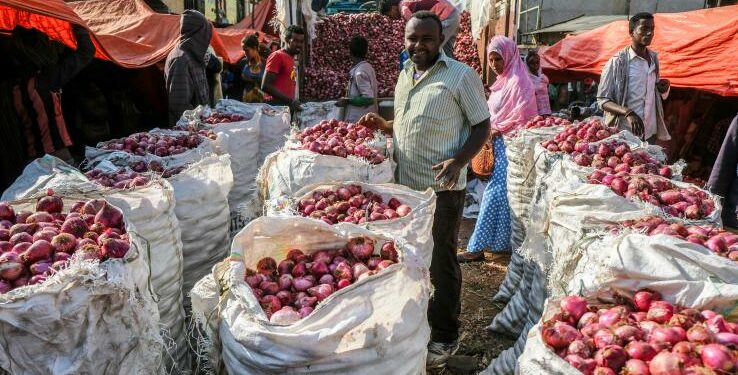Ghana Achieves Moderate Hunger Index Score of 13.9, Surpassing Regional Peers in Global Hunger Index 2024
These figures highlight the severe hunger challenges facing these nations, underscoring Ghana’s relative success in addressing food security.

Ghana, per the 2024 Global Hunger Index (GHI), has achieved a moderate hunger index score of 13.9, surpassing countries like Niger and Liberia, which have alarmingly high scores of 34.1 and 31.9, respectively.
These figures highlight the severe hunger challenges facing these nations, underscoring Ghana’s relative success in addressing food security.
- Advertisement -
Ghana’s score is significantly below both the global average of 18.3 and the Sub-Saharan Africa average of 26.8. However, the report reveals a concerning trend over the past decade: global progress against hunger has stagnated. The world’s GHI score, recorded at 18.3, shows only a slight decrease from 18.8 in 2016, indicating persistent hunger issues that vary widely by region.
- Advertisement -
The report emphasizes that Sub-Saharan Africa and South Asia are the hardest-hit regions, with Sub-Saharan Africa experiencing the highest rates of undernourishment and child mortality.
In South Asia, serious hunger is linked to increasing undernourishment, poor diet quality, economic hardships, and the escalating effects of natural disasters.
Per the report, the goal of achieving Zero Hunger by 2030 now seems unattainable. If the current pace of progress continues, the world may not reach even a low hunger threshold , until 2,160, over a century from now.
The 2024 GHI also reveals alarming levels of hunger in several countries. Six nations – Burundi, Chad, Madagascar, Somalia, South Sudan, and Yemen – are classified as experiencing alarming hunger levels. Additionally, hunger is classified as serious in another 36 countries.
- Advertisement -
Notably, 22 nations have seen increases in hunger levels since 2016, while 20 others have made little to no progress, with their GHI scores declining by less than 5% since 2016.
Despite these dire trends, there are positive developments in some regions. Countries such as Bangladesh, Mozambique, Nepal, Somalia, and Togo have made significant strides in improving their GHI scores, although hunger remains a pressing issue in these areas.
The Global Hunger Index serves as a crucial tool for assessing hunger trends globally, highlighting areas where immediate action is needed. The 2024 GHI paints a mixed picture: while certain countries demonstrate that progress is achievable, global hunger persists at moderate levels, leaving the ambitious target of Zero Hunger by 2030 increasingly out of reach.
Currently, 733 million people worldwide lack access to sufficient calories, and 2.8 billion cannot afford a healthy diet. The rise of acute food insecurity and the weaponization of starvation in conflicts compound these issues.
Underlying these troubling statistics is a state of permacrisis, fueled by widespread conflicts, climate change impacts, economic challenges, debt crises, and inequality. Nevertheless, the report highlights that with concerted efforts, significant improvements in hunger indices are indeed possible, as demonstrated by the aforementioned countries.
Source:norvanreports.com
- Advertisement -



